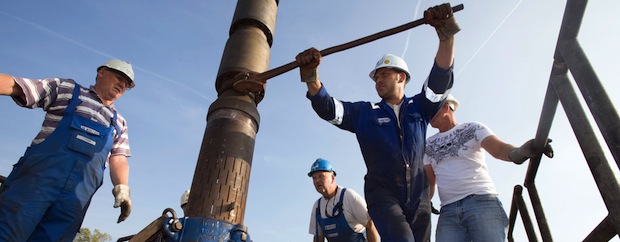
April 2017 - Art. 6.2 and 6.3 of the Paris Agreement introduce “Cooperative approaches”, which foresee direct engagement between Parties and enable them to use “internationally transferred mitigation outcomes” in achieving their NDCs. These activities will not be supervised by any international institution, but guidance is to be developed for Parties that want to engage in cooperative approaches.
Against this background, the Swedish Energy Agency, the Federal Office for the Environment (FOEN) of Switzerland and the Federal Ministry for the Environment, Nature Conservation and Nuclear Safety (BMU) of Germany commissioned a research project on “Features and Implications of NDCs for Carbon Markets”.
The final report of the project maps out issues that need to be resolved to operationalize voluntary cooperation under Article 6.2 of the Paris Agreement. A particular focus of the study lies on what may need to be addressed by decisions under the UNFCCC, including those in relation to Nationally Determined Contributions (NDCs). Guidance in these areas needs to be adopted by the CMA at the end of next year.
The report is structured around the interplay of three key factors:
The report concludes by discussing possible directions that may be taken in the CMA guidance and suggesting areas where reaching an early understanding among countries could help unlock the further negotiations. The research was carried out by Koru Climate, Climate Focus and Perspectives Climate Group.
Cookie Settings
Marketing-Cookies werden von Drittanbietern oder Publishern verwendet, um personalisierte Werbung anzuzeigen. Sie tun dies, indem sie Besucher über Websites hinweg verfolgen.
Provider:
Statistik Cookies
Statistik-Cookies dienen der Analyse und helfen uns dabei zu verstehen, wie Besucher mit unserer Website interagieren, indem Informationen anonymisiert gesammelt werden. Auf Basis dieser Informationen können wir unsere Website für Sie weiter verbessern und optimieren.
Provider:
Erforderliche Cookies
Erforderliche Cookies sind für den reibungslosen Betrieb der Website zuständig, indem sie Kernfunktionalitäten ermöglichen, ohne die unsere Website nicht richtig funktioniert. Diese Cookies können nur über Ihre Browser-Einstellungen deaktiviert werden.
Provider: